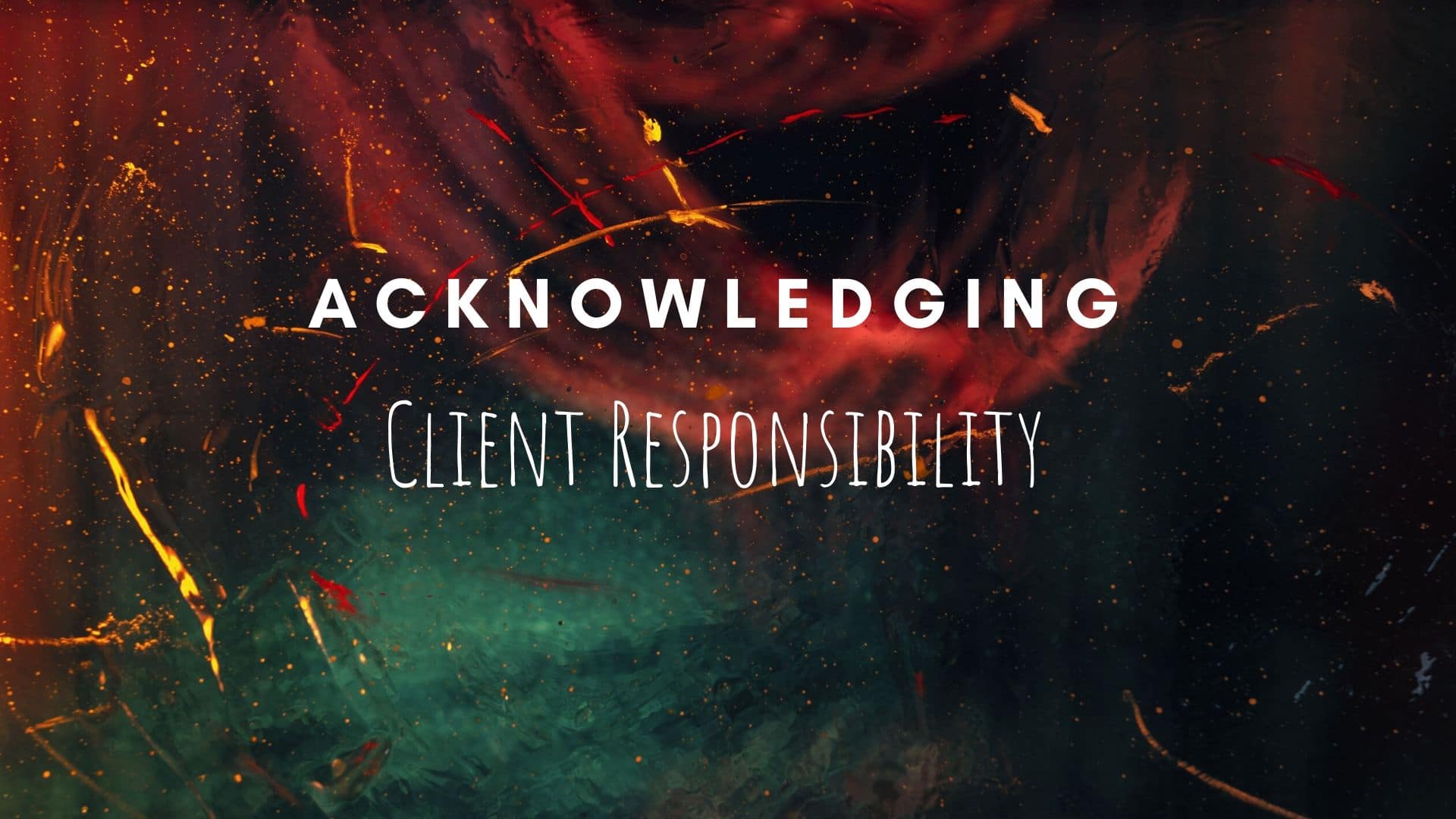In this article, we take a closer look at competency 4: Cultivates trust and safety. ICF defines this competency as “Partners with the client to create a safe, supportive environment that allows the client to share freely. Maintains a relationship of mutual respect and trust.” The first three indicators that the coach is competent in cultivating trust and safety are:
- Seeks to understand the client within their context, which may include their identity, environment, experiences, values, and beliefs
- Demonstrates respect for the client’s identity, perceptions, style, and language and adapts one’s coaching to the client
- Acknowledges and respects the client’s unique talents, insights, and work in the coaching process
These three indicators focus on seeing and embracing the client for who they are and where they are at this moment in time. One reason coaches tend to niche themselves in a particular field is that it is easier to work with clients when you understand their world, what it’s like to be in that world, and the challenges they face. And yet, we will not always have the context to understand the client’s world fully. In these moments, we must draw on our empathy and listen to the client. Look beyond the story. Imagine how it must be to live with the unique challenges of their environment. The coach’s burden is to take the steps necessary to gain whatever context is needed to meet the client in their world with enough compassion not to dismiss the client’s perspectives because they are very different from what the coach has experienced. For example, I am a native-born, English-speaking, white American. I have always lived in the US and have a privilege level with this background that I might naturally want to assume everyone experiences. The reality is that my experience of America is not the same experience of others who have received microaggressions, discrimination, and other racial injustice. As a coach who works with a large variety of people, it is my responsibility to be educated about the context of how my clients experience everyday life as a non-white American or a migrant to America. I must be open to understanding their world, respecting their viewpoints, and hold valid the context in which they experience life. In short, I must remain curious. Curiosity helps me understand the progress the client is making and its courageousness to make individual decisions and changes. Interest ensures that the empathy I feel will not convert to sympathy because sympathy assumes client brokenness. If I can’t do this, then I will not be able to develop trust and safety in the relationship because my client can never feel seen, heard, understood, validated, and accepted by me. Curiosity also gives me the ability to celebrate success in partnership with the client genuinely. How can we be in a safe relationship if my client can’t be sure that expressing their truth will be met with a non-judgmental, validating willingness to understand? Listening to and utilizing language the client’s language is an integral part of seeing the client as unbroken and respecting them in their world. Rather than expecting them to adjust to me, I must learn to adapt. To create a safe container, I must move into their space rather than expecting them to move to mine. Creating a genuine relationship can only be done through open acceptance.




















